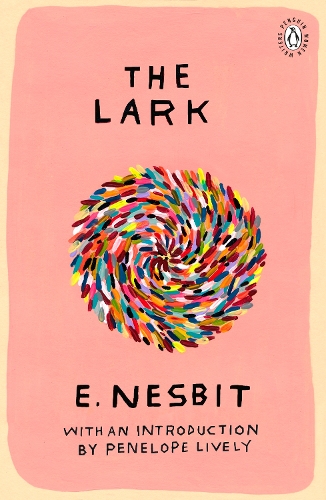
The Lark: Introduction by Booker Prize-Winning Author Penelope Lively
(Paperback)
Publishing Details
The Lark: Introduction by Booker Prize-Winning Author Penelope Lively
By (Author) Edith Nesbit
Penguin Books Ltd
Penguin Books Ltd
15th February 2018
1st February 2018
United Kingdom
Classifications
General
Fiction
Narrative theme: coming of age
Narrative theme: sense of place
823.8
Physical Properties
Paperback
272
Width 131mm, Height 197mm, Spine 17mm
194g
Description
A wonderfully funny and charming novel about two young girls' quest for independence, with an introduction by Penelope Lively "When did two girls of our age have such a chance as we've got - to have a lark entirely on our own No chaperone, no rules, no..." "No present income or future prospects," said Lucilla. It's 1919 and Jane and her cousin Lucilla leave school to find that their guardian has gambled away their money, leaving them with only a small cottage in the English countryside. In an attempt to earn their living, the orphaned cousins embark on a series of misadventures - cutting flowers from their front garden and selling them to passers-by, inviting paying guests who disappear without paying - all the while endeavouring to stave off the attentions of male admirers, in a bid to secure their independence.
Reviews
She, of all the writers I have ever read, has given me over the years the most complete satisfaction -- Noel Coward
She had an economy of phrase, and an unparalleled talent for evoking hot summer days in the English countryside -- Noel Streatfield
A charming and brilliantly entertaining novel... shot through with the light-hearted Nesbit touch -- Penelope Lively, from the introduction
To come upon any Nesbit today, hitherto unread, ...is like receiving a letter from a friend whom you have believed dead * New York Times *
A wry, charming delight of a book * The Pool *
Author Bio
E. Nesbit was born in Surrey in 1858. A world-famous children's author, her works include The Railway Children and Five Children and It. She also wrote several works of fiction for adults. With her husband, Hubert Bland, she was one of the founding members of the socialist Fabian Society; their household became a centre of the socialist and literary circles of the times. She died in 1924.
